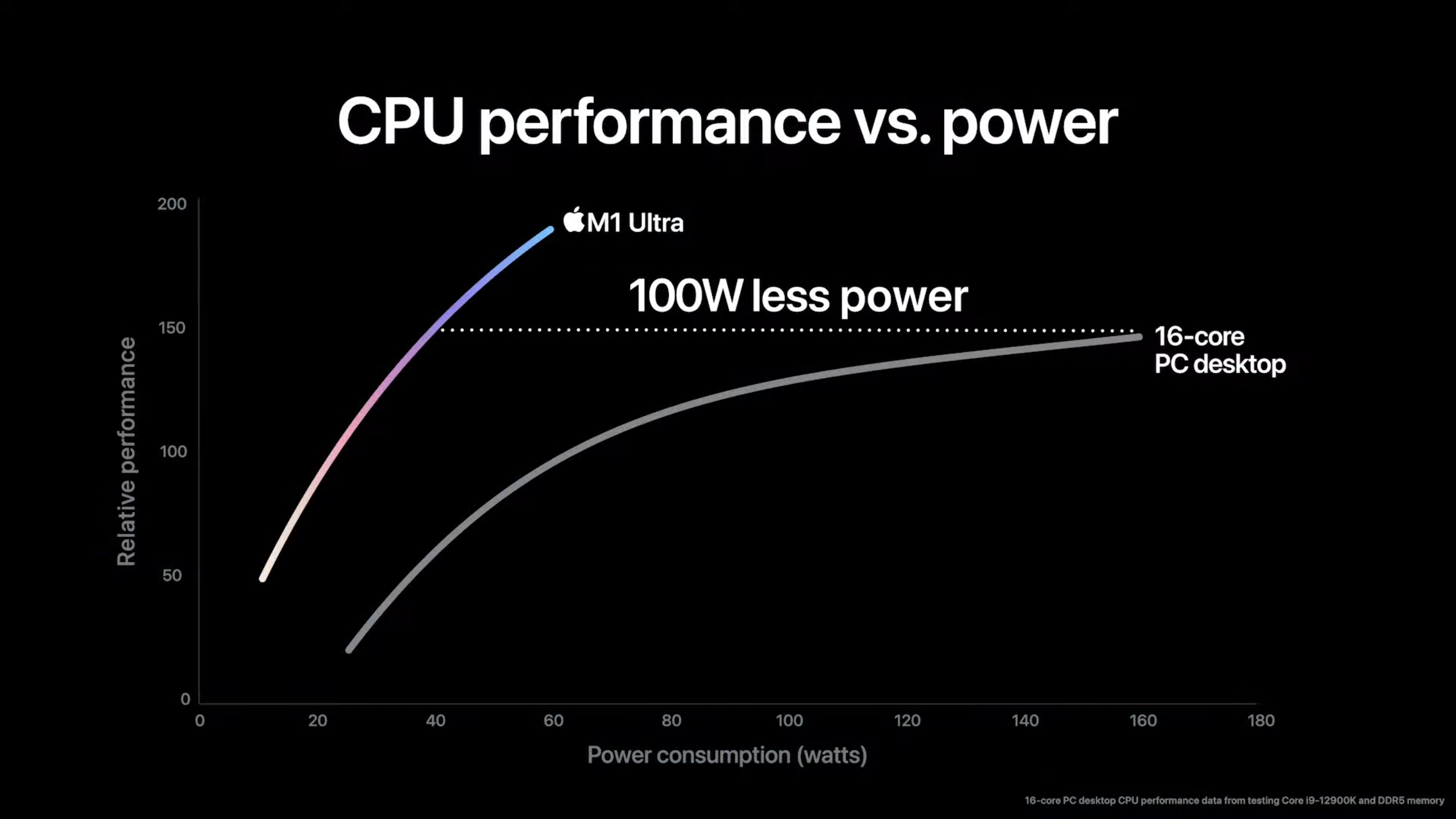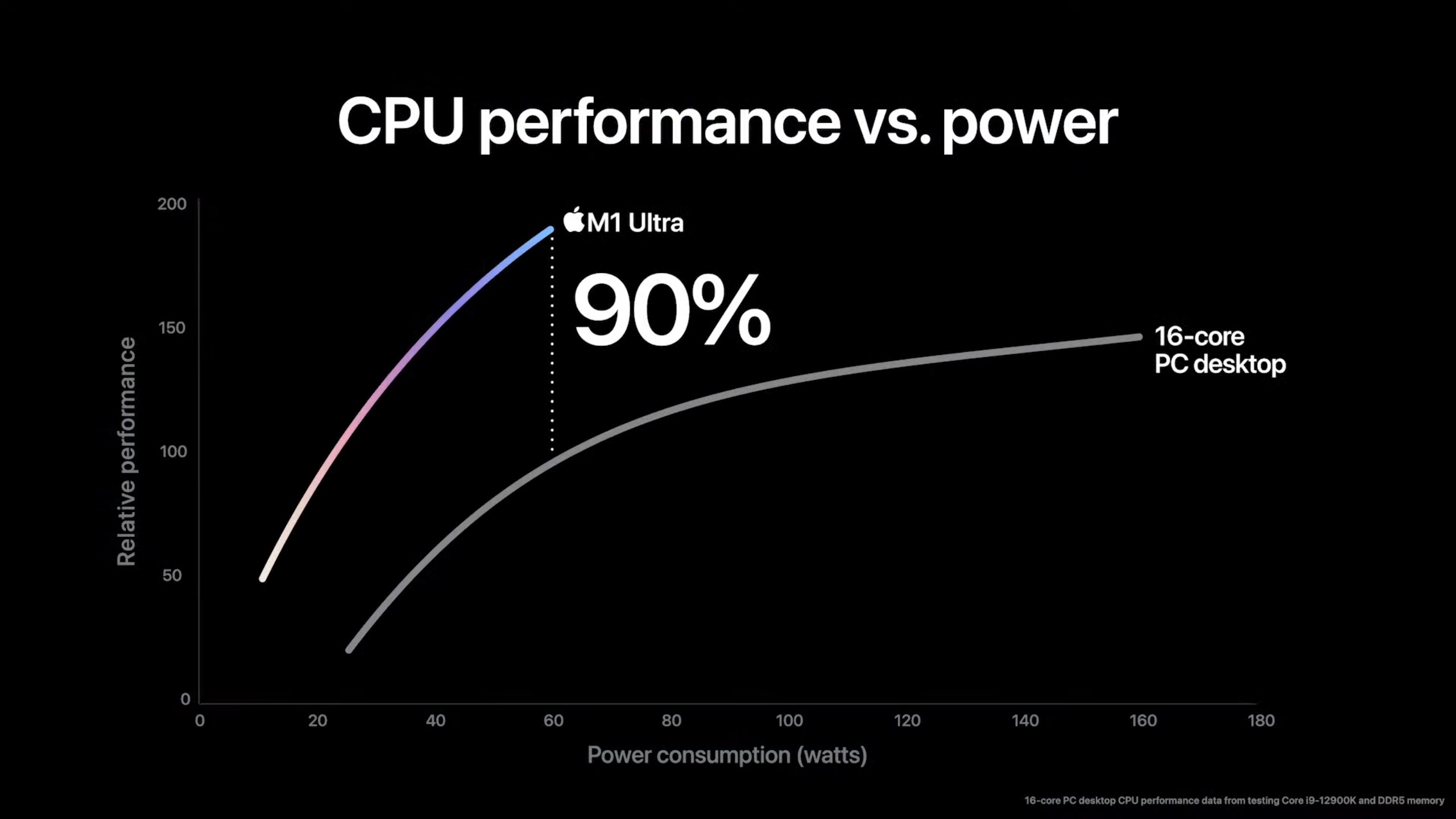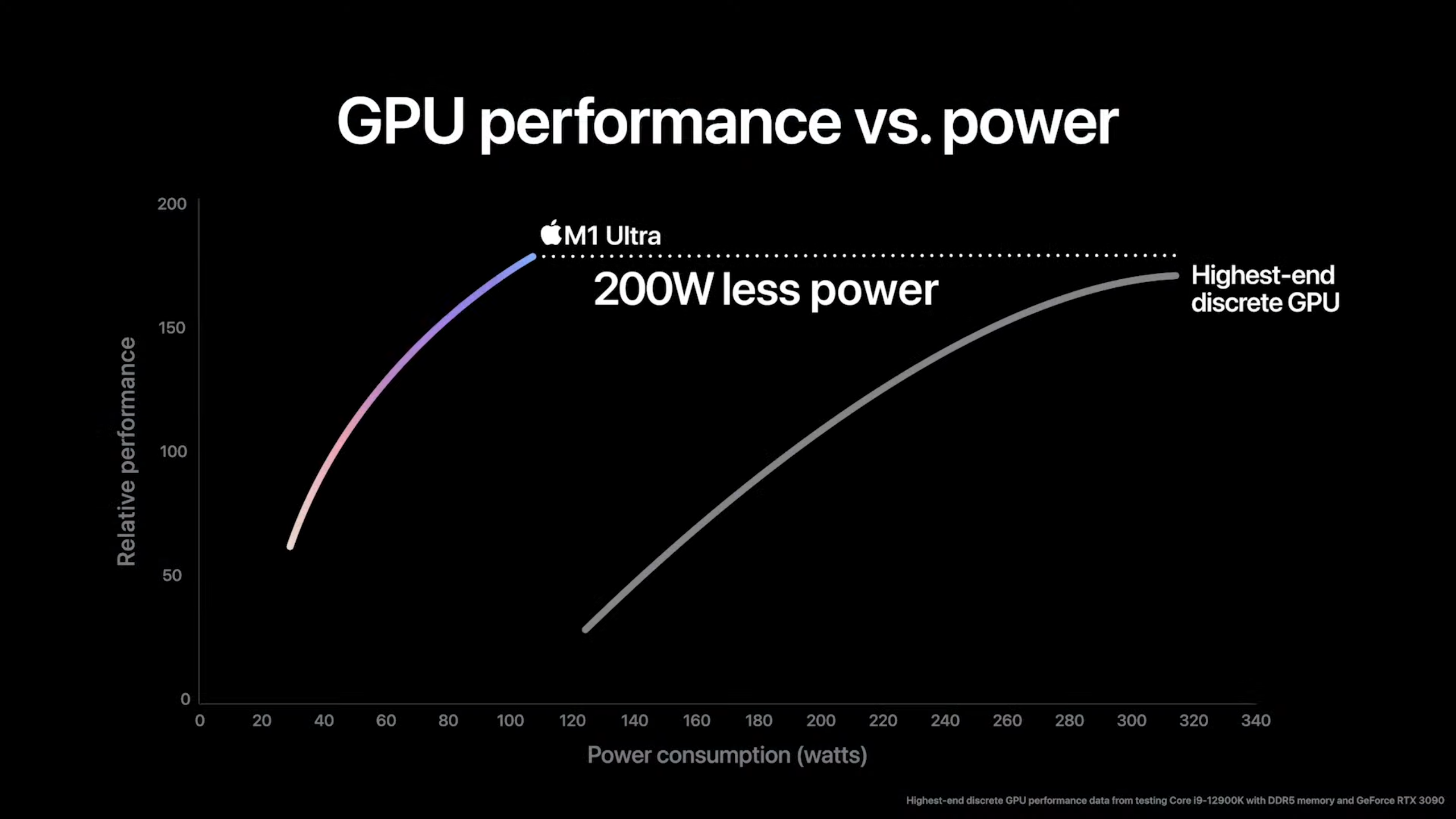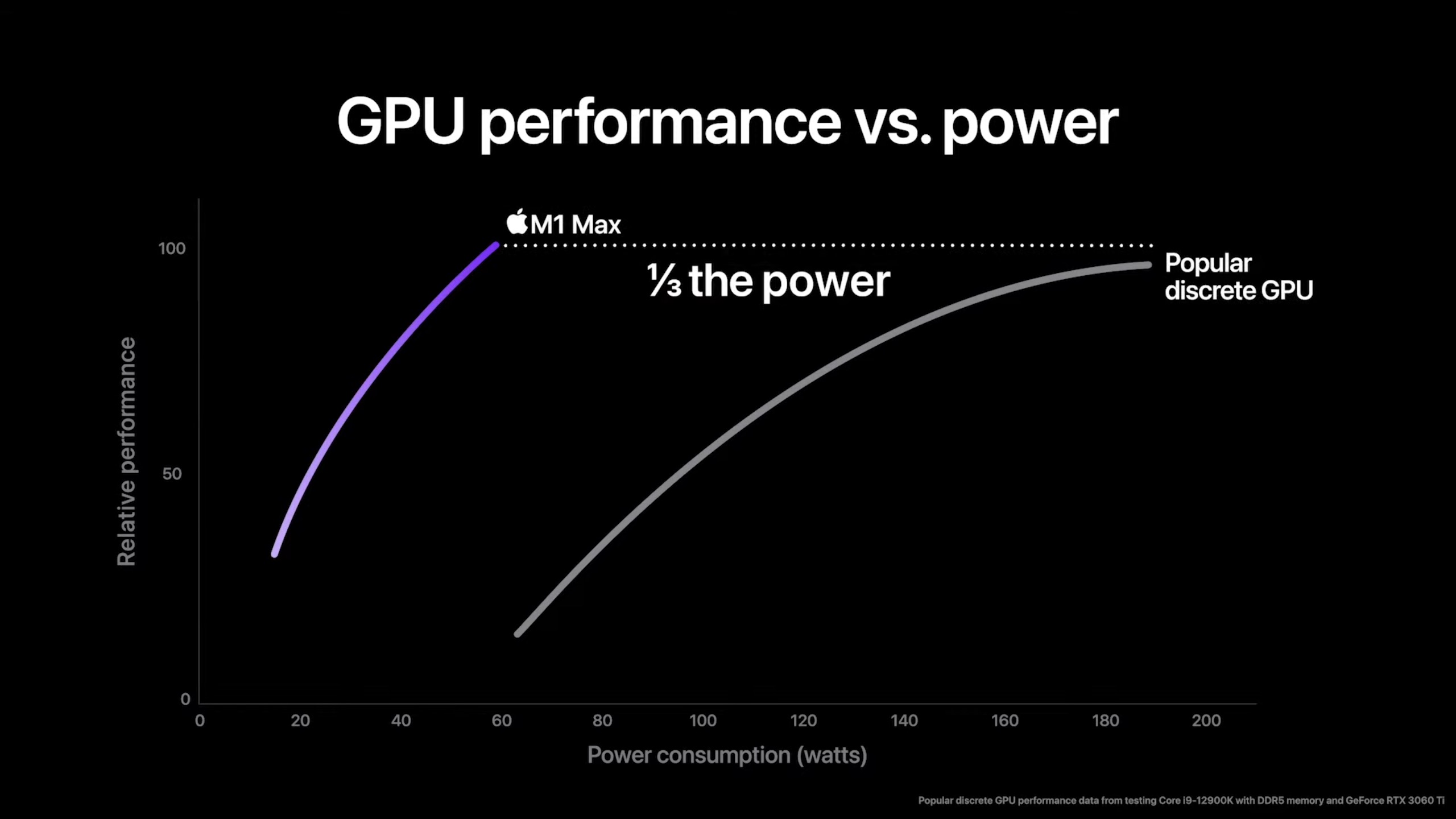Mac Studio’s M1 Ultra Has Copper Cooling, M1 Max Gets Aluminum
The different cooling creates a two pound weight difference.
Apple's Mac Studio will come with either an M1 Ultra or M1 Max chip, but the M1 Ultra version is two pounds heavier. The difference, The Verge reports, comes down to cooling.
"They have the same 370W power supply," Apple told the publication in an email. "The additional weight is due to M1 Ultra having a larger copper thermal module, whereas M1 Max has an aluminum heatsink."
Both versions of the Mac Studio use the same chassis with a 7.7 x 7.7-inch footprint and measure 3.7 inches in height. But while the M1 Max version is 5.9 pounds (2.7 kg), the M1 Ultra is 7.9 pounds (3.6 kg).
Even though the M1 Ultra is effectively two M1 Max chips fused together, it's using the same PSU, so the weight difference shouldn't have anything to do with that.
It's unclear if the M1 Ultra and M1 Max coolers have different designs or if the material is the only difference. We likely won't know that until iFixit and other teardown sites get their hands on the desktop. But copper is a far better conductor of heat than aluminum, so it seems Apple clearly needed something serious to get the best performance out of its latest chip.




In Apple's announcement yesterday, it showed graphs suggesting the M1 Ultra can match the Core i5-12600K (with DDR5) while using 65% less power, or churn out 90% higher multi-core performance than Intel's Core i9-12900K while using only a third of the power if pushed to the limit.
Meanwhile, the 64-core GPU, Apple claims, is on par with the RTX 3090 while using 200 fewer watts. (We don't have the benchmarks Apple used here, but we expect not too many of them were games.)
Since this Mac is likely to sit stationary on a desk, the whole question is really only relevant for the purpose of carrying the unit from the store to your home (or the price of delivery). But this difference does show a bit of what is necessary to keep the M1 Ultra running at full bore. An M1 Max can fit in a 16-inch MacBook Pro, after all.
Get Tom's Hardware's best news and in-depth reviews, straight to your inbox.

Andrew E. Freedman is a senior editor at Tom's Hardware focusing on laptops, desktops and gaming. He also keeps up with the latest news. A lover of all things gaming and tech, his previous work has shown up in Tom's Guide, Laptop Mag, Kotaku, PCMag and Complex, among others. Follow him on Threads @FreedmanAE and BlueSky @andrewfreedman.net. You can send him tips on Signal: andrewfreedman.01